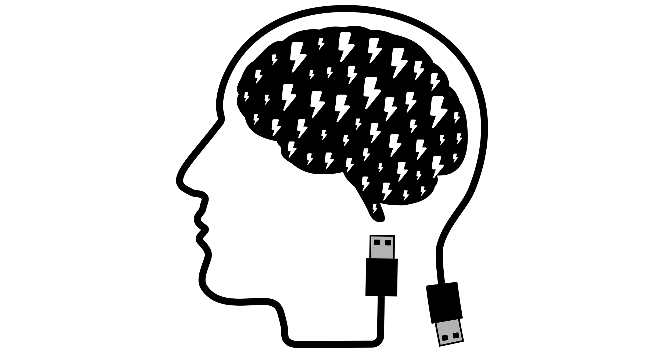The function of human resources (HR) has grown beyond its conventional focus on hiring, payroll, and compliance as firms adapt to the fast-paced, cutthroat corporate world of today. To create a workforce that is more resilient, engaged, and productive, organizations are now seeing the enormous benefits of incorporating organizational psychology into HR procedures. This combination appears to be the secret to creating an environment at work that encourages creativity, health, and long-term development.
What is Organizational Psychology?
Organizational psychology is simply the study of human behaviors – both individuals and teams at their workplace.
By applying this knowledge, organizational psychologists help solve challenges within organizations and create more efficient, supportive environments. Basically, they aim to understand this behavior to solve work-related issues.
They use their skills to make jobs better and workplaces like – businesses, nonprofit organizations, government agencies, schools, healthcare systems, and labor groups – more peaceful

Why the Combination Matters
I/O psychology can help human resource management in the following ways:
- Recruitment and selection: Organizational psychologists can develop and administrate psychological tests or assessment to evaluate candidates in a recruitment process. They can also be of help in developing job description to meet the specific requirements of the company.
- Training and development: Organizational psychologists can create and administer training programs to help employees gain the skills and knowledge that are required to do their jobs effectively. Organizational psychology training sims and films can help increase training quality.
- Performance management: Organizational psychologists can assist managers in developing and implementing fair, dependable, and valid performance appraisal methods that provide appropriate feedback to employees about their performance.
- Employee engagement: Organizational psychologists do research to find what makes workers happy and engaged. They create plans to boost involvement, productivity, and retention. For example, indices can be used by Organisational psychologists to assess staff morale, contentment, and pleasure. HRM can also apply Organisational psychology behaviourist strategies, such as positive reinforcement, to influence employee behaviour.

- Employee communication: Organisational psychology can promote communication and teamwork in the workplace. Using communication exercises to increase team performance, as well as team-building activities, can help improve communication.
- Organizational growth and effectiveness: Organisational psychologists help companies find psychological practices and elements that contribute to organizational effectiveness. They also create plans to make work better and more effective.
- Safety and employee well-being: Organizational psychologists use different ways to find out what helps employees stay safe and healthy. They might use surveys to get info from employees on what they think keeps them safe at work. They could do interviews to learn about the company’s culture, bosses, communication and the workplace setup to get useful info.
Key Success Factors in Integrating Organizational Psychology and HR
Integrating psychology into HR has various advantages, including greater employee well-being, better performance management, and a more sophisticated understanding of employee behaviors and requirements. Organizations can create a more supportive and compassionate work environment by harnessing psychological principles and insights, resulting in higher job satisfaction and decreased employee stress. This holistic approach to human resources allows for better alignment of individual talents with company goals, ultimately increasing total productivity and efficiency.
Integrating psychology into HR gives managers and executives a better understanding of employee motivations, communication styles, and conflict resolution tactics, allowing them to build stronger, more cohesive teams.
HR may personalize training and development programs to individual needs by including psychological examinations and treatments, which promotes personal growth and job performance.

Conclusion
Integrating psychology into HR procedures can lead to better employee engagement, job satisfaction, and lower turnover. It can also help with workplace difficulties like conflict resolution, team dynamics, and leadership development. HR may make their workplaces more productive and supportive by embracing psychological principles. The relationship between human resources and psychology has changed as firms have found the worth of employee well-being and the impact it has upon productivity and success. Today, HR and Psychology collaborate closely to create a healthy work environment, encourage employee growth, and establish an inclusive and diverse culture.
The online MBA with HR organisational psychology course at Westford University College shows a dedication to prepare students for the workplace of the future. In addition to offering academic knowledge, this curriculum equips students with useful tools and tactics to assist them in spearheading HR changes inside their companies.




